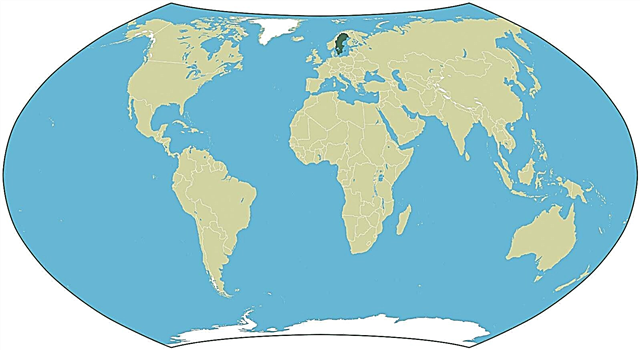What is flood, flame, trolling, subject and offtopic? These words are very popular on the Internet, including social networks, forums and various blogs. But what is the true meaning of these concepts?
In this article, we will take a closer look at what the terms flood, flame, trolling, subject and offtopic mean, and in what areas they are used.

What does the subject, offtopic and flame mean
Subject - comes from the English "subject", which translated into Russian means the topic of conversation, which is conducted on a stream, forum, conference and any other Internet site.
The subject means the main topic of the conversation - the subject of discussion. But already a deviation from the subject will be considered offtopic (offtopic - a deviation from the topic).
Thus, the person who committed the offtopic is reminded of the subject being discussed by a group of people.
Offtopic (offtopic) - when using this term, a person often tries to make it clear (ask for forgiveness) that his message does not correspond to the topic of the conversation (off topic - "off topic").
Flame - this word means an unexpected dispute (from flame - fire) or discussion of something that has nothing to do with the subject.
For example, during communication, one of the participants may begin to insult their opponents or express a personal opinion that does not interest others. As a result, ordinary readers can simply get confused or lose the main thread of the conversation.
What is flooding and trolling
Trolling and flooding cause communication much more significant harm than offtopic or flame.
Flood - this is "clogging" the subject (topic) both intentionally and unintentionally. Usually flooding takes up a lot of space and is completely meaningless in relation to the subject where it is left.
This can be some kind of everyday information that is repeated several times in the course of discussing a specific topic.
Trolling - this is again one of the types of ethical violations during network or live communication. But what does trolling mean? In fact, these are intentional or unintentional actions aimed at prying the interlocutor out of himself or performing a provocation.
Trolls seek to excite the audience in one way or another, and then enjoy watching what is happening. In fact, the troll is the same provocateur.
Such provocateurs are often found on almost any Internet site. However, finding the troll is not easy because it tries to behave like a simple and diligent user.
The main reason for the spread of trolling is anonymity in the course of communication on the Internet. In real life, trolls behave decently, as they can receive punishment in one form or another.
In simple terms, trolling, flooding, flaming and offtopic is not good. On the contrary, one should always stick to the subject in order to promote beneficial communication between the participants.









